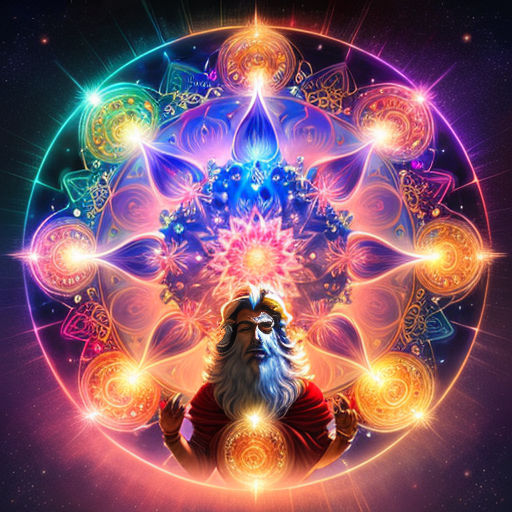
The Creation of the Universe
By Malaya

04 Oct, 2023
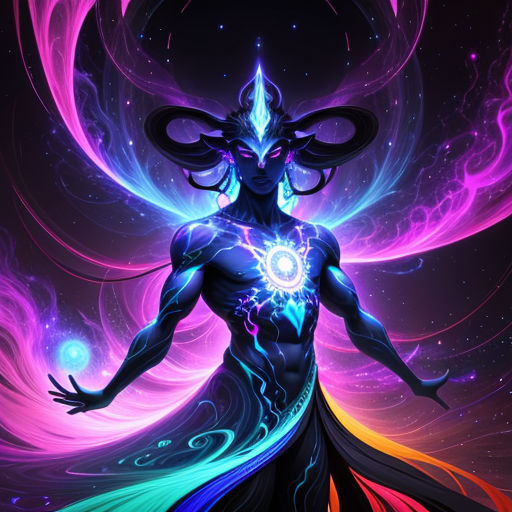
In the beginning, there was nothing but a formless, unmanifested energy known as Brahman. This energy was silent and infinite, encompassing the void and waiting for the time to create the universe.
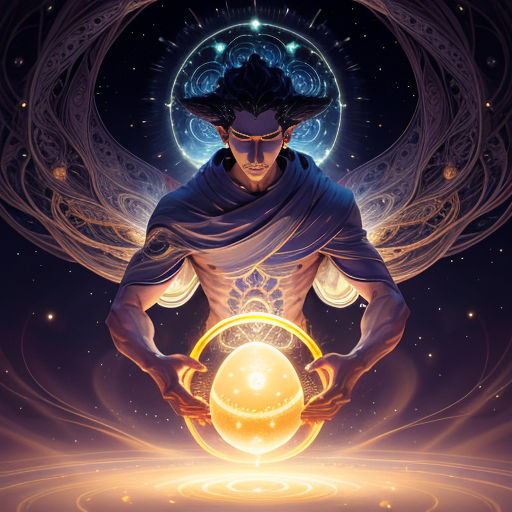
Then, Brahman decided to manifest itself. It took the form of a golden egg, radiant and glowing. This egg floated in the void, carrying the seed of the universe within.
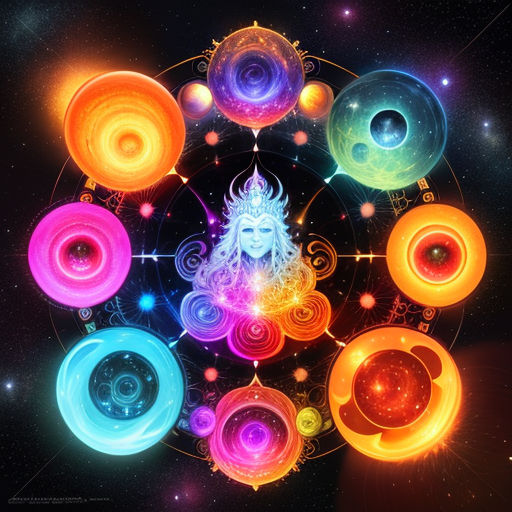
From the golden egg, Brahman created the god Brahma. He was the first deity, tasked with the creation of the universe.
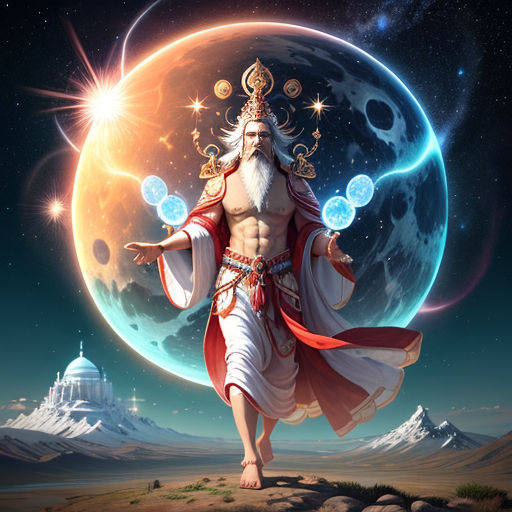
Brahma split the egg into two halves. The upper half became the heaven and the lower half transformed into the earth.
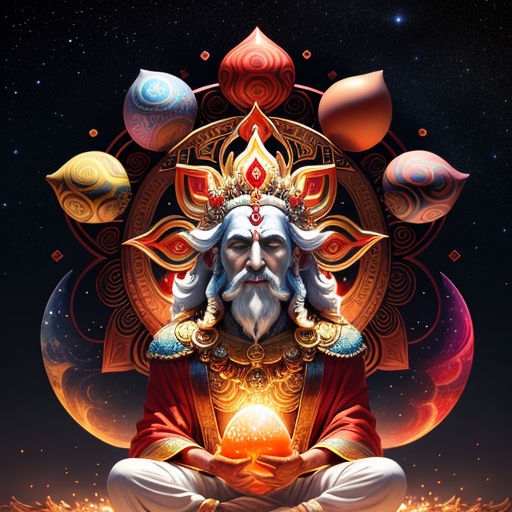
From the halves of the egg, Brahma created the sky to separate the heaven and earth, and filled the universe with air to provide space for living beings.
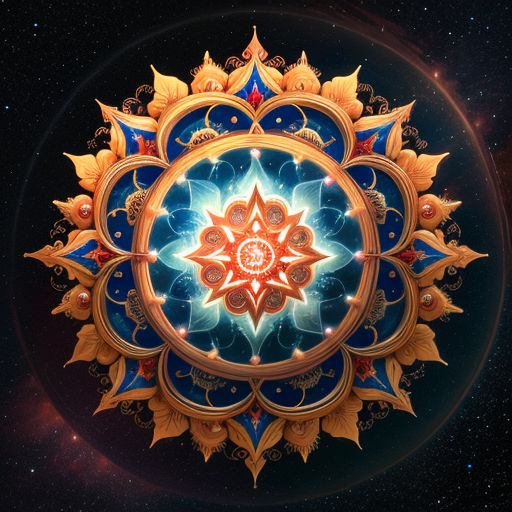
Brahma then created water, fire, and plants. He molded the sun, moon, and stars from his own light and set them in the sky.
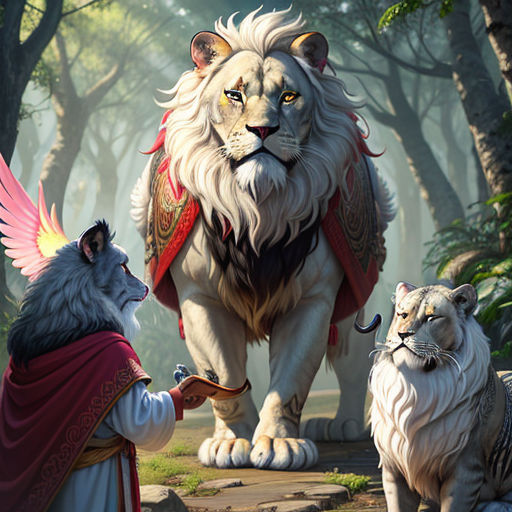
The earth was still barren, so Brahma created animals, birds, and other creatures to inhabit it. He blessed each species with the ability to reproduce.
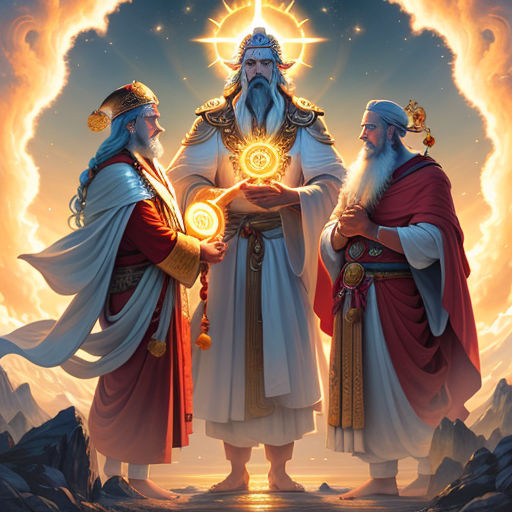
Brahma then created the first humans, a man and a woman. He endowed them with intellect and the power to control their surroundings.
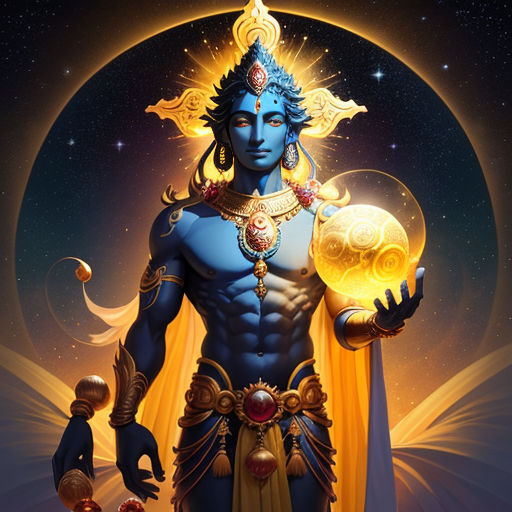
But Brahma was not alone in his endeavors. He was assisted by the god Vishnu, the preserver, who maintained the balance of the universe.
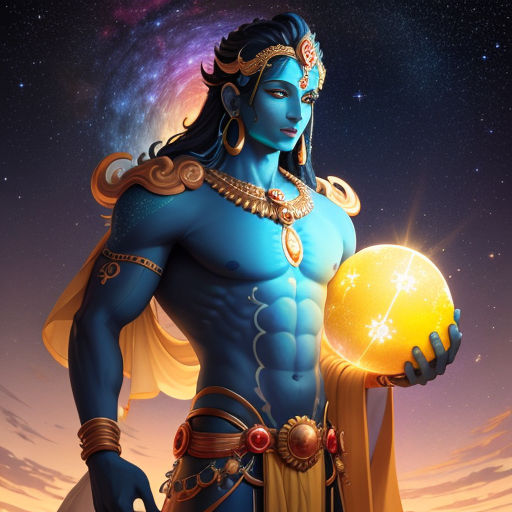
While Brahma created, Vishnu preserved. He ensured that life flourished and the universe remained harmonious.
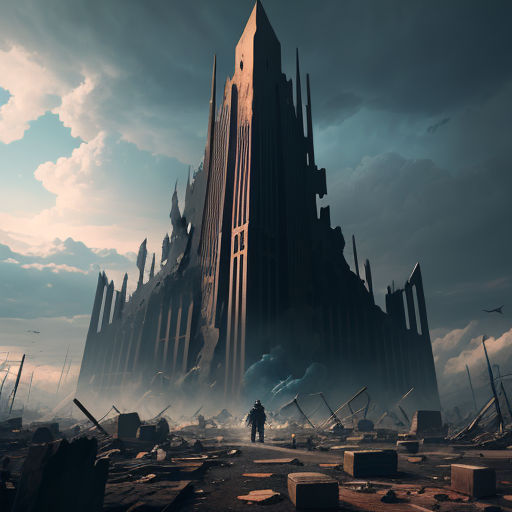
However, with creation and preservation, came destruction. This task was entrusted to the god Shiva, the destroyer.
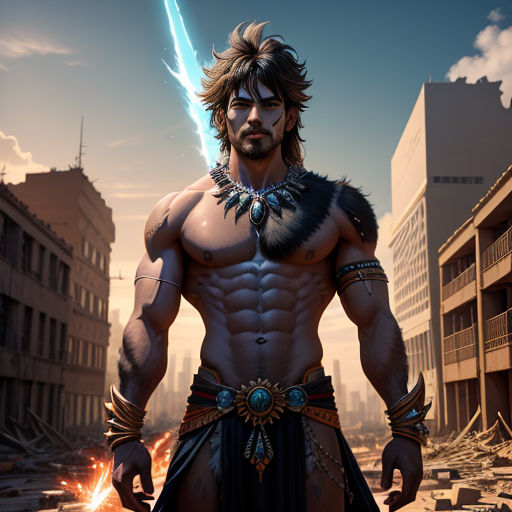
Shiva's role was not to bring about the end, but to pave the way for new beginnings. He destroyed in order to make room for new creation.
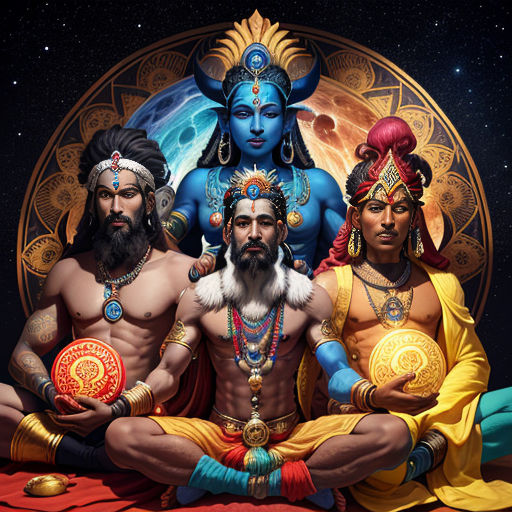
Together, these three gods, Brahma, Vishnu, and Shiva, formed the Trimurti, the three fundamental aspects of the universe.
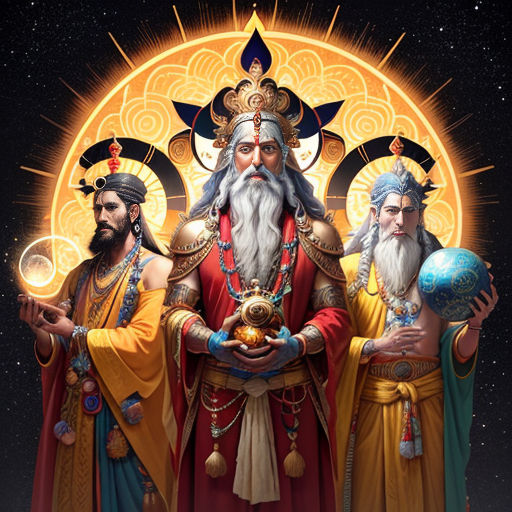
The Trimurti worked in harmony, each fulfilling their roles. They maintained the cyclical nature of the universe - creation, preservation, and destruction.
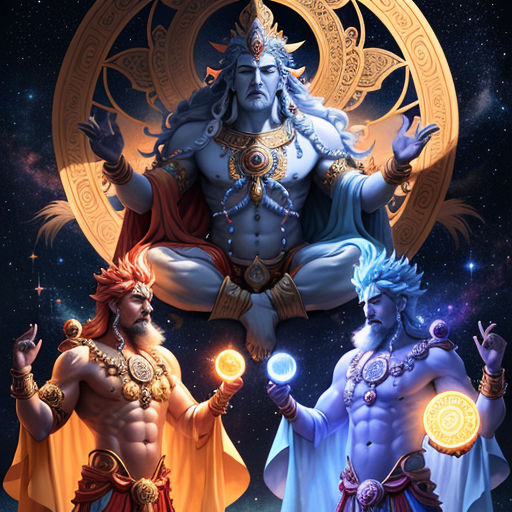
Brahma continued to create, Vishnu to preserve, and Shiva to destroy. This cycle was a delicate balance that kept the universe in motion.
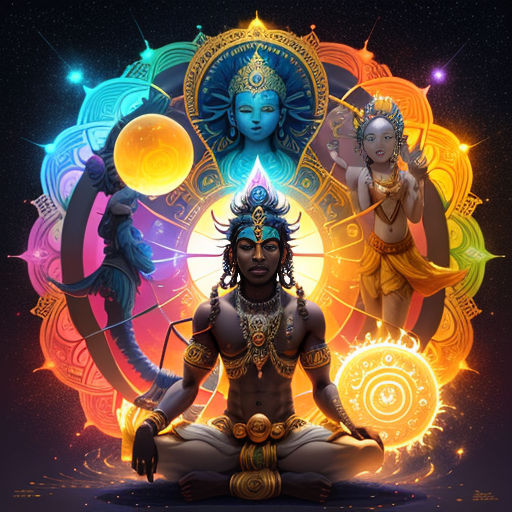
Even though they had separate roles, the three gods were all manifestations of Brahman, the original cosmic energy.
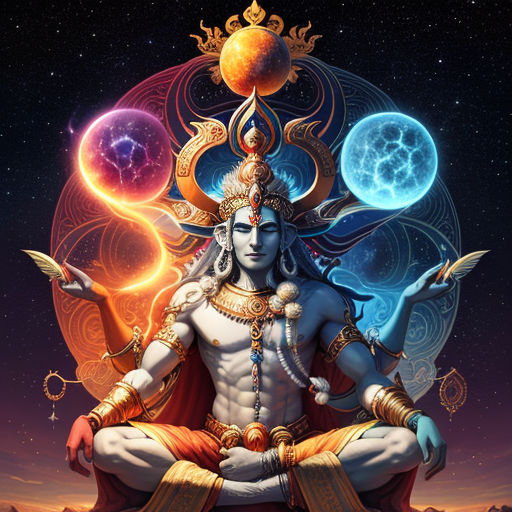
The universe continued to evolve under their watchful eyes, growing and changing with each passing era.
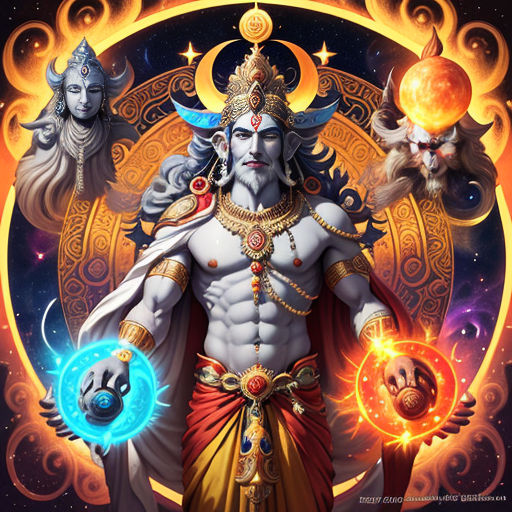
Over time, the gods created more deities, each with their own roles and responsibilities. These deities guided the universe and its inhabitants.
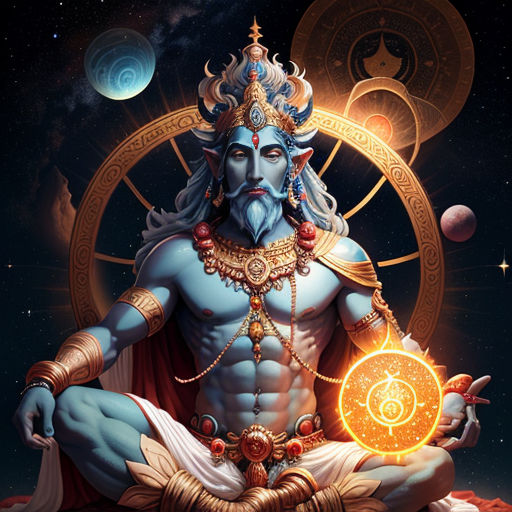
The universe flourished, filled with divine energy. The gods watched over it, ensuring its continual existence.

Thus, the universe was born from the cosmic energy of Brahman, shaped by the hands of Brahma, preserved by Vishnu, and continually renewed by Shiva.
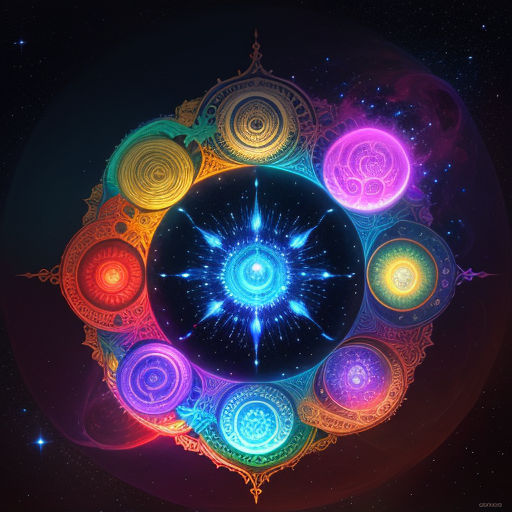
The story of the creation of the universe is a testament to the divine power and cosmic energy of the gods. It is a tale of harmony, balance, and cyclical existence.
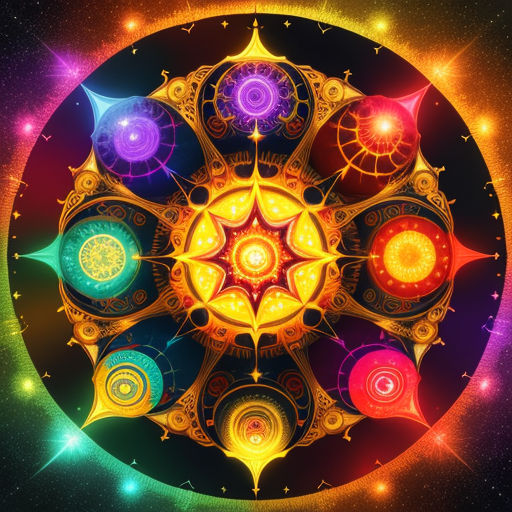
The gods, while powerful, are not separate from the universe. They are part of it, imbued with the same cosmic energy that forms its foundation.
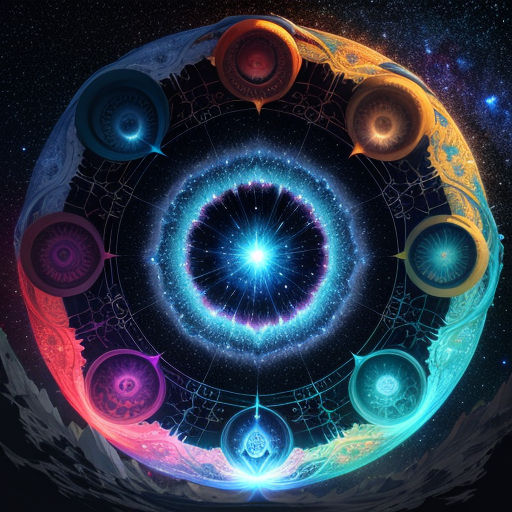
The universe, in turn, is not a separate entity. It is part of the gods, a manifestation of their power and energy.
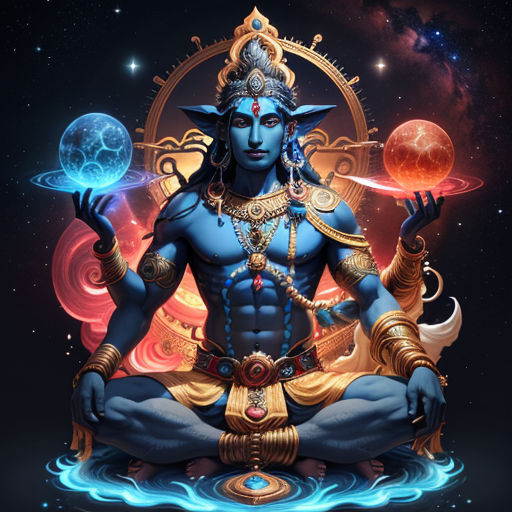
Thus, in Hinduism, the universe and the gods are intertwined. They exist together in a beautiful, cosmic dance, each dependent on the other.
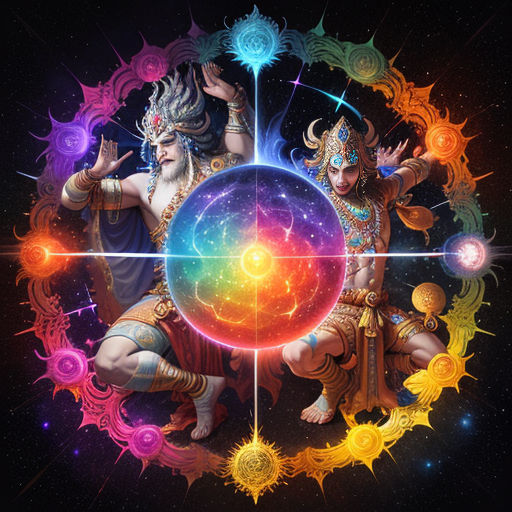
This dance of creation, preservation, and destruction is eternal. It has no beginning or end, just like the universe itself.
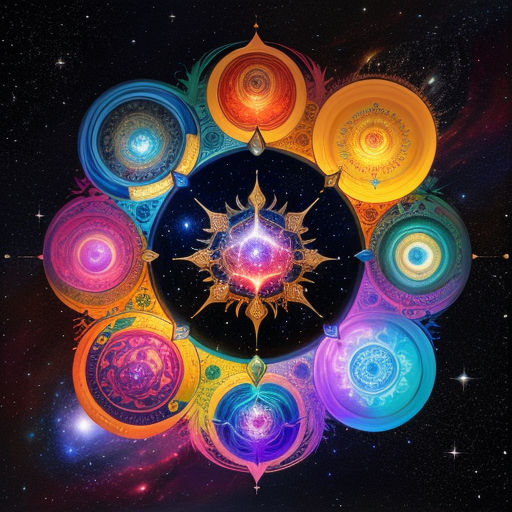
The tale of the creation of the universe serves as a reminder of this dance. It is a story of divine energy, cosmic power, and eternal existence.
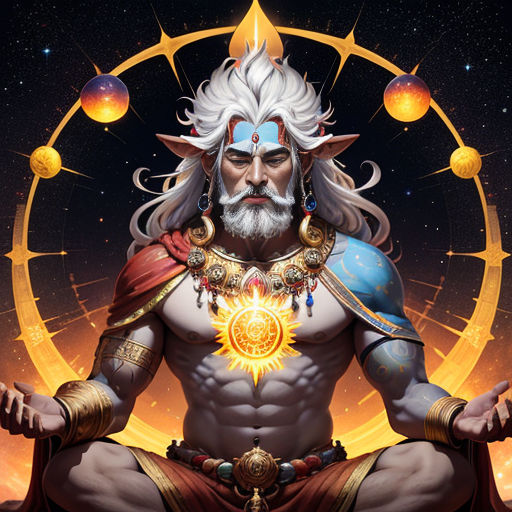
It is a tale that inspires awe and reverence, reminding us of our place in the grand scheme of the universe.

It is a tale that tells us of the divine power that shapes our world, the cosmic energy that fuels our existence, and the eternal cycle that governs our lives.
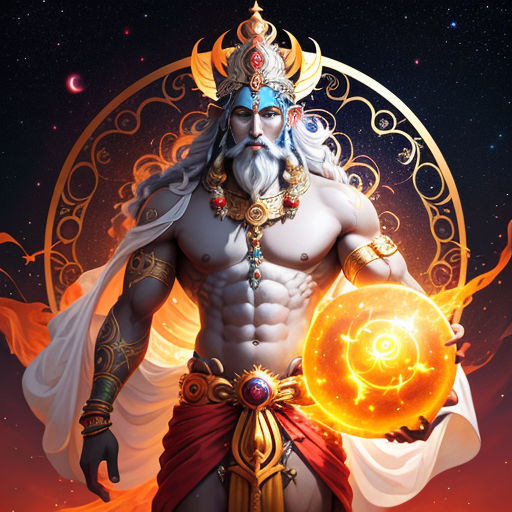
It is a tale that, despite its grandeur, speaks of a simple truth - that we are all part of a divine, cosmic dance, eternally linked to the universe and its gods.
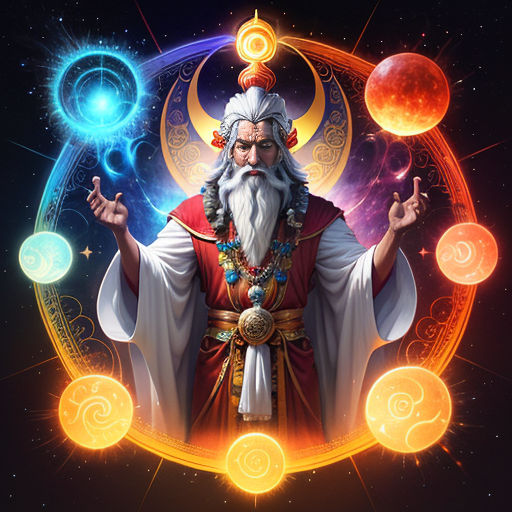
And so, as the tale comes to a close, we are left with an understanding of our place in the universe, our connection to the divine, and the eternal dance of creation, preservation, and destruction.
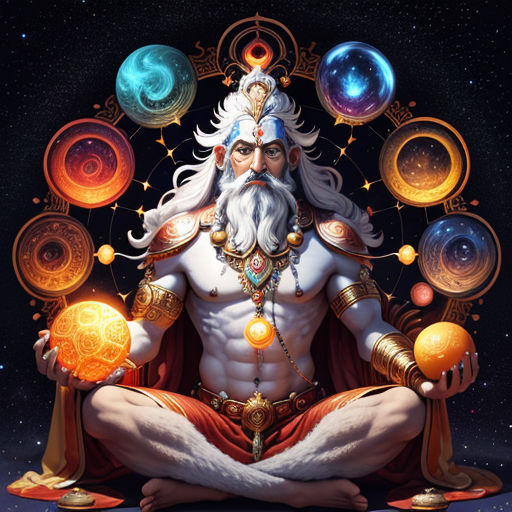
We are reminded of the power of the gods, the energy of Brahman, and the cyclical nature of the universe. We are part of this grand story, tiny actors in an eternal cosmic play.
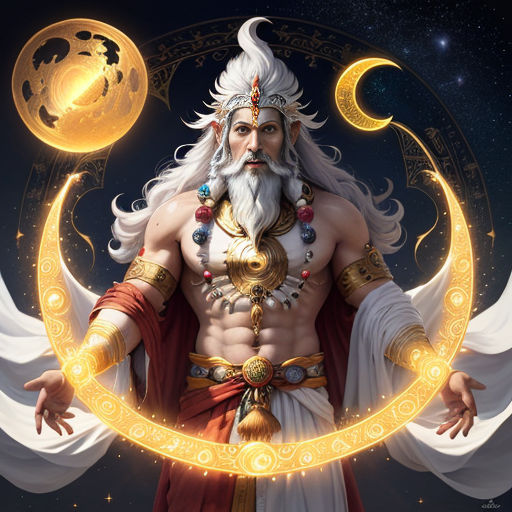
And with this understanding, we can better appreciate the beauty of our existence, the divine energy within us, and the eternal dance of the universe.
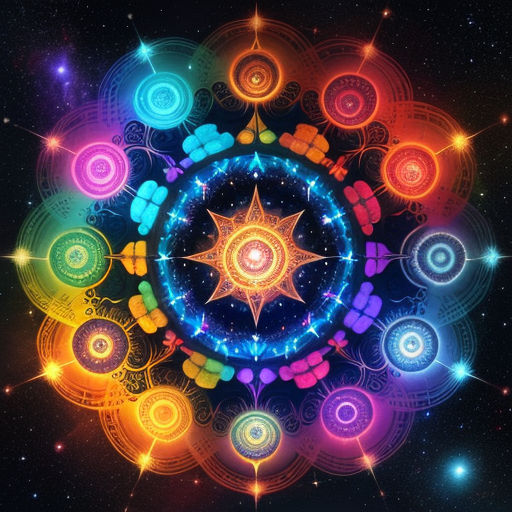
As the tale ends, we are left with a sense of awe and reverence for the universe, the gods, and the cosmic energy that binds us all.
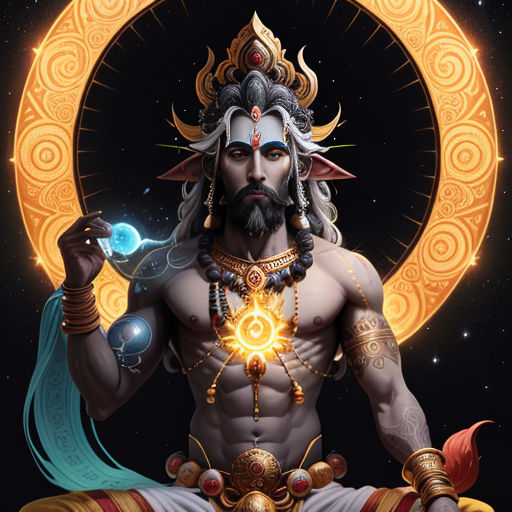
This is the story of the creation of the universe in Hinduism. A tale of gods and cosmic energy shaping the world, reminding us of our divine connection and eternal existence.
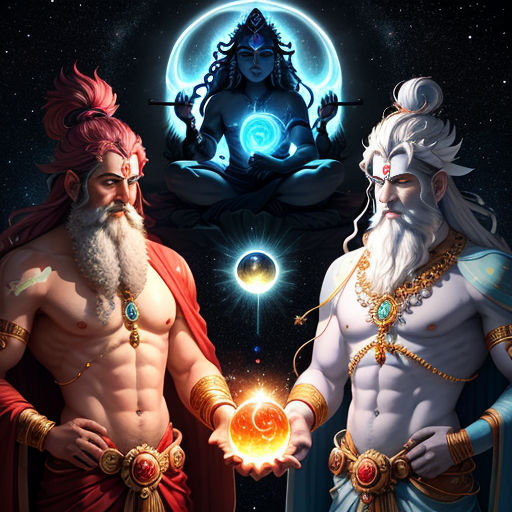
It is a story that transcends time and space, resonating with the cosmic energy within us, and reminding us of our place in the grand dance of the universe.